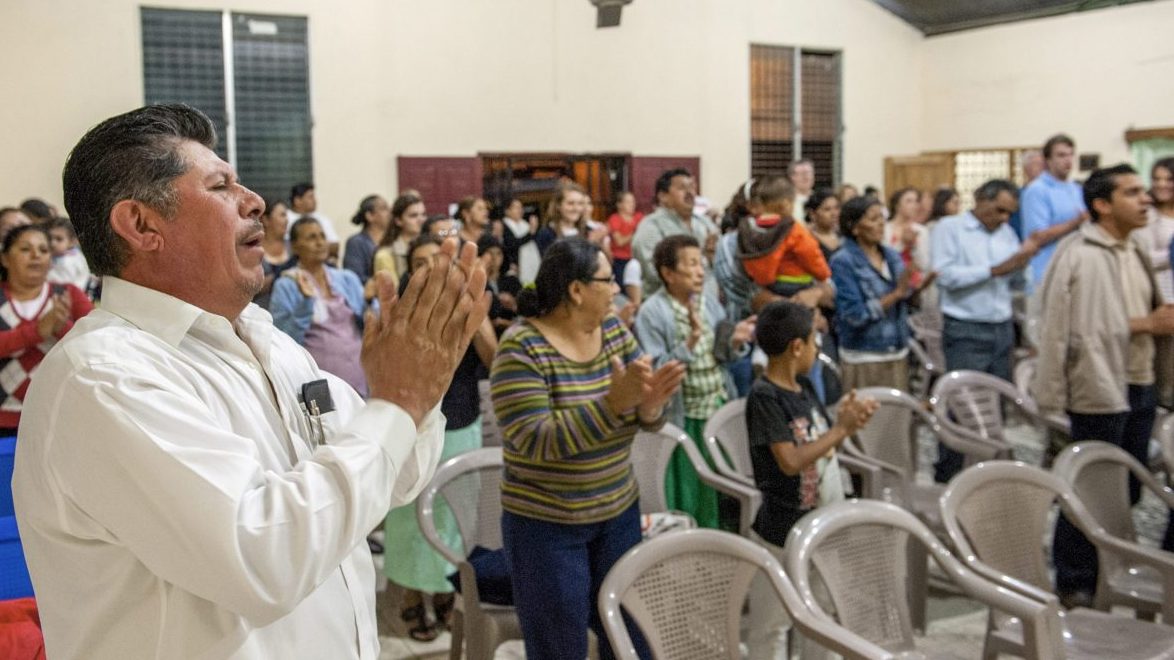Faith and Fulfillment: How Regular Church Attendance Boosts Personal Well-being

Groundbreaking Research Reveals Spiritual Connections to Personal Well-being
A fascinating new study has uncovered a compelling relationship between personal wellness and consistent participation in religious services. The Global Flourishing Study, which recently released its initial wave of data on April 30th, provides remarkable insights into how spiritual engagement might significantly impact individual happiness and life satisfaction.
Researchers discovered that individuals who regularly attend religious services tend to report higher levels of personal well-being compared to those with less frequent spiritual participation. This finding suggests that community connection, shared beliefs, and structured spiritual practices could play a crucial role in enhancing overall mental and emotional health.
The study's preliminary results highlight the complex interplay between spiritual engagement and personal flourishing, offering a nuanced perspective on how religious involvement might contribute to an individual's sense of purpose, community, and psychological resilience.
As the research continues to unfold, these initial insights promise to provide deeper understanding of the intricate connections between spiritual practices and personal well-being.
